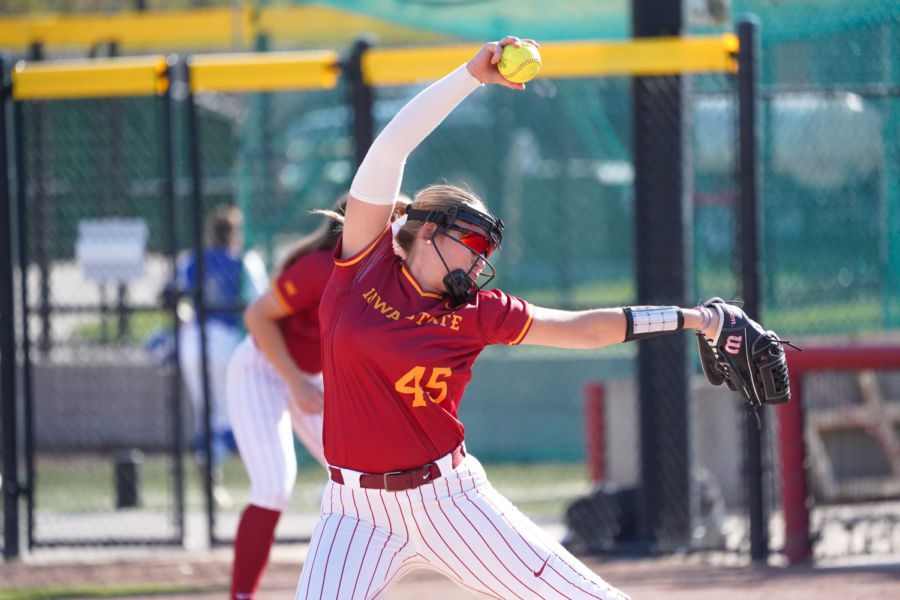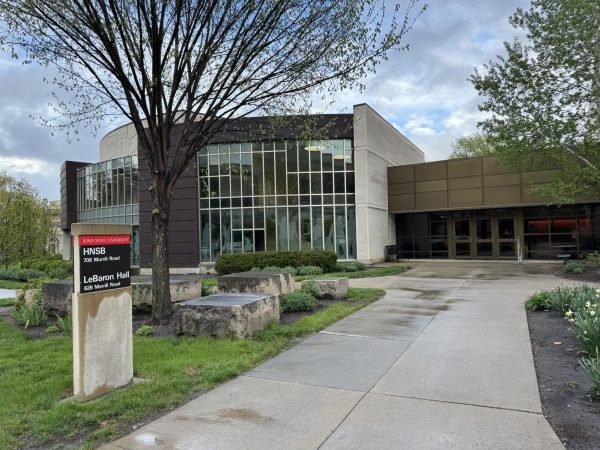Iowa first state to link teacher performance, pay
May 31, 2001
Landmark education legislation signed by Gov. Tom Vilsack will make Iowa the first state in the nation to pay teachers based on performance.
The education bill moves away from basing teacher salary on seniority. It instead focuses on encouraging staff to update and improve their skills in education.
“It makes sense that Iowa should be the first state to try something fundamentally new and even risky,” said Rep. Phil Wise, D-Keokuk. “Iowa has a long-standing reputation as an education leader in this country. A state doesn’t lead by following.”
Statewide mentoring systems for rookie teachers, establishing teacher evaluating programs and career development programs are a few other integral parts of the plan. A career path program will also be implemented to allow educators to focus on improving their skills.
Sen. Mike Connolly, D-Dubuque, said when an educator proves efficient in a skill, they will move up on the pay scale.
“I think the prime mover in this legislation was Gov. Vilsack,” Connolly said. “We want to keep Iowa first in the nation in education.”
He said the “student achievement/teacher quality legislation” was the next step in improving learning opportunities in Iowa.
Connolly said he hopes the bill will entice the most qualified applicants into the state.
Student performance will also play a role in the goal of the new bill.
Connolly said that, for example, if students in a school set a goal to improve reading scores and succeed, everyone in the school will receive a pay increase.
“We want testing as part of the assessment,” he said. “The teachers will not be competing against themselves; they find out where they are so they can move up to the next level.”
Rep. Barbara Finch, R-Ames, said the pay base will be decided by each individual school district. Schools will take into account guidelines provided by the state, but will increase pay using their own judgment.
A $28,000 minimum pay base for all teachers over the next four years is another current goal, she said.
The plan is not completely developed at this time. However, six pilot projects are on the table and will be put into play sometime next year.
















